Islam in Liberal Europe
Islam in Liberal Europe
Freedom, Equality, and Intolerance
Kai Hafez
Translated by Alex Skinner
ROWMAN & LITTLEFIELD
Lanham Boulder New York Toronto Plymouth, UK
Published by Rowman & Littlefield
4501 Forbes Boulevard, Suite 200, Lanham, Maryland 20706
www.rowman.com
10 Thornbury Road, Plymouth PL6 7PP, United Kingdom
Copyright 2014 by Rowman & Littlefield
All rights reserved. No part of this book may be reproduced in any form or by any electronic or mechanical means, including information storage and retrieval systems, without written permission from the publisher, except by a reviewer who may quote passages in a review.
British Library Cataloguing in Publication Information Available
Library of Congress Cataloging-in-Publication Data
Hafez, Kai, 1964
Islam in liberal Europe : freedom, equality, and intolerance / Kai Hafez.
pages cm
Includes bibliographical references and index.
ISBN 978-1-4422-2951-8 (cloth : alkaline paper) ISBN 978-1-4422-2952-5 (electronic)
1. MuslimsEuropeSocial conditions. 2. ImmigrantsEuropeSocial conditions. 3. MuslimsCivil rightsEurope. 4. MuslimsGovernment policyEurope. 5. LiberalismSocial aspectsEurope. 6. Islam and politicsEurope. 7. IslamSocial aspectsEurope. 8. EuropeEthnic relations. 9. EuropeReligion. 10. EuropePolitics and government1989 I. Title.
D1056.2.M87H23 2014
305.6'97094dc23
2013038148
 TM The paper used in this publication meets the minimum requirements of American National Standard for Information Sciences Permanence of Paper for Printed Library Materials, ANSI/NISO Z39.48-1992.
TM The paper used in this publication meets the minimum requirements of American National Standard for Information Sciences Permanence of Paper for Printed Library Materials, ANSI/NISO Z39.48-1992.
Printed in the United States of America
Introduction: Is Liberal Society
Dr. Jekyll or Mr. Hyde?
After the end of the Cold War, there was a widely held view that liberal democracy now reigned supreme. A system that fused individual freedom with the democratic principle in a unique way had become firmly established, and was viewed across the world as a model of political and social development. Some even speculated that the best of all political systems had brought us to the end of history (Fukuyama 1992). After terrible experiences with wars and annihilation in the twentieth century, it did in fact seem that there might be genuine civilizational progress towards a better human society. Even now, more than twenty years after the fall of the Berlin Wall, democracy and liberal society have no serious competitors in the marketplace of political idealsthe Arab revolutions were only the most recent and highly visible signs of the universal appeal of European concepts.
At the same time, however, the liberal model of politics and society is increasingly beset by crisis. It is not just that the homelands of democracy in North America and Europe are struggling with economic setbacks and their own dwindling importance in the world. Doubts are also growing as to the substance of liberal society itself. Following the bellicose reactions of the United States and its allies to the terrorist attacks of 2001, democracy has lost credibility in the world. Hundreds of thousands of war deaths in Afghanistan and Iraq because of a few thousand victims of terrorism, retribution rather than justice: the democratic political system behaved with belligerence towards the rest of the world, while the war lies told by the George W. Bush administration showed how manipulable and nonparticipatory seemingly democratic political systems often are (K. Hafez 2010a, p. 170 ff.).
Far less attention has been paid to the fact that the basic values of the liberal constitutional idea have come under threat within the United States and Europe. Guantnamo is only the most prominent symbol of a tendency to jeopardize the basic rights of liberalism while fighting terrorism, a process that has encroached massively on American legal traditions. What is more, following the demise of world communism, a new enemy was discovered, this time an internal one: immigrants, and above all Islam or Muslims. While migration as such comes up against the usual culturally and socially determined defensive reactions, Muslims constitute a very specific group; they are not just considered difficult to integrate into society, but are also viewed as a fifth column of the external enemy of Islamist terrorism.
The situation of Islam in Europe is particularly difficult in this respect. Europe has 700 million people, so the roughly fifty million Muslims make up an increasingly visible minority of about 7 percent of the total population. Frictions between majority and minority are growing: the Rushdie affair, conflicts over the building of mosques, headscarf debates, the caricature dispute, hostility towards Islam among many Europeans (as registered in opinion surveys), and increasing violence towards Muslims, culminating in Islamophobic murders in Germany and Norway. Populist right-wing parties, on the march across Europe, quickly saw the potential of portraying Islam as The Enemy.
It is paradoxical but true: while fewer people than ever espouse generally racist worldviews or specific forms of xenophobia such as anti-Semitism, Islamophobia has become more respectable than ever. The West may have created the best political systemsbut it has not solved the problem of racism in society. Looking beyond the veneer of human rights and legal equality we find cultural struggles, territorial conflicts and both cultural and religious intolerance. Is the fear of Islam putting Western tolerance to the test, to quote a 2009 headline in left-wing German newspaper Der Freitag? Is liberal society like Dr. Jekyll and Mr. Hyde: respectable at first sight but essentially barbaric?
The roots of liberal democracy and liberal society also lie in North America, with offshoots in many parts of the world, including Latin America, Asia, and Africa. There is, however, a good reason for this books focus on Europe. A study by the World Economic Forum showed that notions of cultural incompatibility, of a clash of civilizations, are most prevalent in Europe, while Europeans are the least interested in improved relations between Islam and the West, less interested, at any rate, than the people of the United States and the Islamic world. Clear majorities of Europeans even regard improved relations as dangerous, as a threat to Europes cultural identity and to its economic well-being and security (World Economic Forum 2008, p. 24 f.). So while the main geopolitical conflict in the last few decades has been that between Middle Eastern countries and the United States, we must clearly make a sharp distinction between short-term conflicts of interest and long-term developments in political and social systems. As we shall see, when it comes to the integration and recognition of Muslims, the European liberal-democratic political system may in fact work better than its US counterpart. In the United States, however, an avowed society of immigrants, a more liberal, multicultural value system has taken hold than in Europe, at least with respect to freedom of religion. Will European society, so deeply molded by national cultures, ever overcome the traditional opposition between Orient and Occident?
While the rise of Islamophobia is rarely a topic of public discussion, it has by no means gone unnoticed. Former UN secretary-general Kofi Annan, Amnesty International, several German presidents, and other European politicians have warned of the spread of Islamophobia (see esp. ch. 1.2). At the dawn of the twenty-first century, even the former chair of the Central Council of Jews in Germany, Ignatz Bubis, drew parallels between the contemporary view of Islam and historical images of Jews in Europe (ch. 2.1). Yet these alarming admonitions by the leading Jewish representativein a country that almost annihilated the Jewslargely fell on deaf ears, at least among the public at large. Since then, Islamophobia in Europe has increased rather than decreased. Critics and haters of Islam enjoy widespread public approbation. Their books are bestsellers and they make frequent appearances in the mass media. The Internet has opened up a whole new world for Islamophobes. Here, the Islamophobia and diatribes against Islam and Muslims that are at least verbally camouflaged in other media, sentiments that in the past could only be expressed over a drink with friends, can now find public expression. In the information society, anti-Islamic prejudice is leaving such familiar contexts and proliferating on the digital highway.
Next page
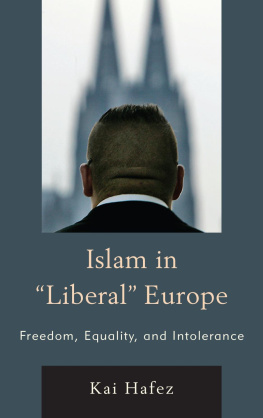
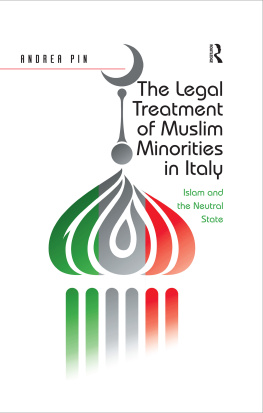
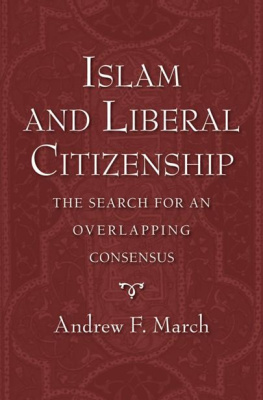
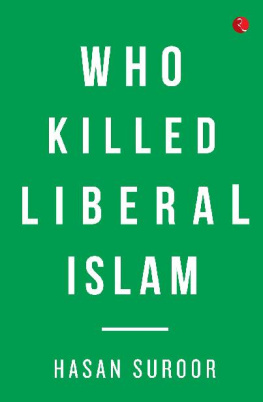
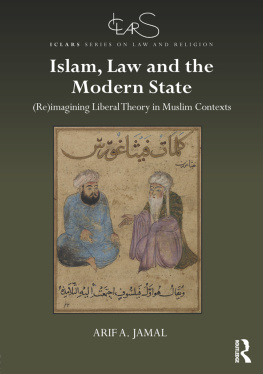
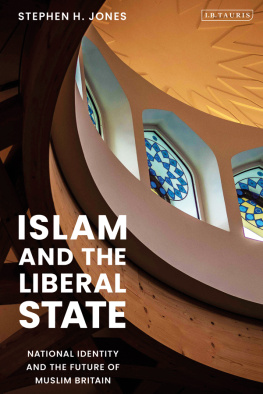
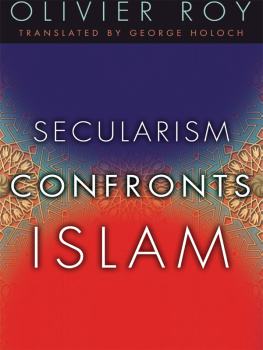
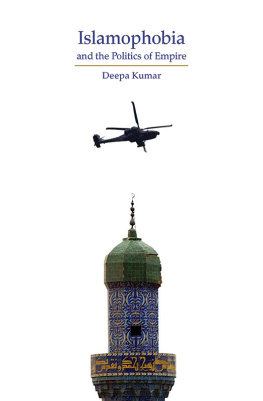


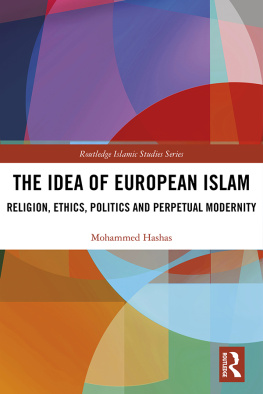
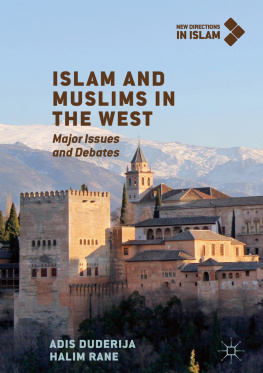
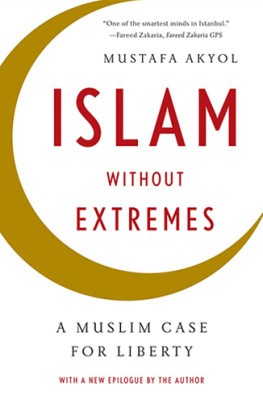
 TM The paper used in this publication meets the minimum requirements of American National Standard for Information Sciences Permanence of Paper for Printed Library Materials, ANSI/NISO Z39.48-1992.
TM The paper used in this publication meets the minimum requirements of American National Standard for Information Sciences Permanence of Paper for Printed Library Materials, ANSI/NISO Z39.48-1992.